
A psychological counselor in Haikou, Hainan province, answers a phone call about the novel coronavirus outbreak on Feb 1, 2020. (Photo/Xinhua)
Nationwide hotline
Concerns about potential rises in mental health cases prompted many countries to include mental health and psychosocial support in their COVID-19 response plans.
In February 2020, during the initial outbreak in Wuhan, capital of Hubei province, the Chinese government launched a 24-hour nationwide psychotherapy hotline. The following month, the National Health Commission issued a work plan for psychological counseling during the pandemic.
Chen Jun, director of the clinical research center office at Shanghai Mental Health Center, told China News Service that by 2020, the Shanghai health authorities had developed a psychological screening system for healthcare workers and COVID-19 patients, enabling checks to be carried out and intervention where necessary in key populations with mental problems. The system has since been upgraded and is playing an important role during the current outbreak.
The center continued treatment for psychiatric patients during the lockdown in Shanghai, while sending therapists to makeshift hospitals and other quarantine areas to provide psychological assistance for COVID-19 patients and frontline medical workers.
Late last month, Beijing began to report clusters of COVID-19 cases.
Pang Xinghuo, deputy head of the Beijing Center for Disease Control and Prevention, speaking at a news conference, said residents can access psychological services, including 17 hotlines and a WeChat program, to assess their mental health, practice relaxation, and customize psychological services.
Communities have also invited social workers, volunteers and professional therapists to join messaging groups to offer online advice and mediate in conflicts.
In addition to official efforts, social network providers, including Ximalaya, China's biggest podcasting platform, launched a series livestreaming programs last month, inviting therapists, nutritionists and doctors to share their experience and help viewers relax through interactive conversations.
Wang, the therapist, said the importance of mobilizing social resources has been fully demonstrated at this special time.
People quarantined in Shanghai help each other by trading food and daily necessities when supplies run short. Neighbors also quickly provided medication and ventilators when the father of one of Wang's colleagues had a sudden asthma attack.
Wang said, "In Shanghai, we have seen a strong return of close connections among neighbors, providing an extremely strong social support system that has brought great relief, social stability and a sense of security."
Wang and Li said the demand for psychological services would continue to rise after the situation in Shanghai returns to normal.
Li said that when psychological difficulties arise, people first want to solve their real-life problems.
"Mental disorders often appear after life returns to normal. Shanghai residents at this time are thinking more about buying food, their work and dealing with family relationships. Once life returns to normal, it will take quite a long time to process their emotions, hence the term post-traumatic stress disorder," she said.
"The psychological impact will linger for a long time. Whether at this stage or after restrictions are lifted, psychological support will remain very important."










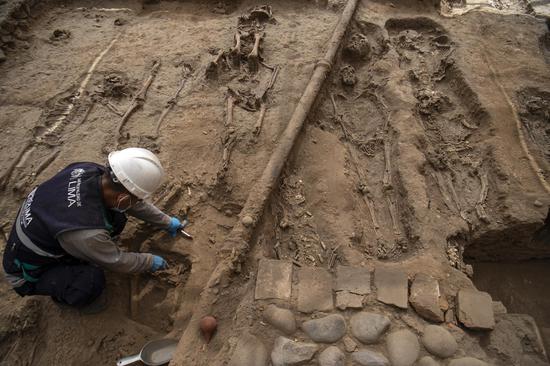
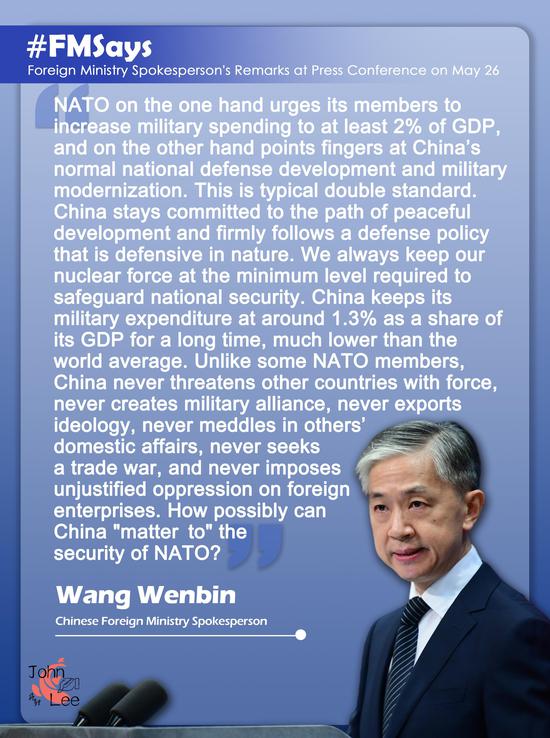

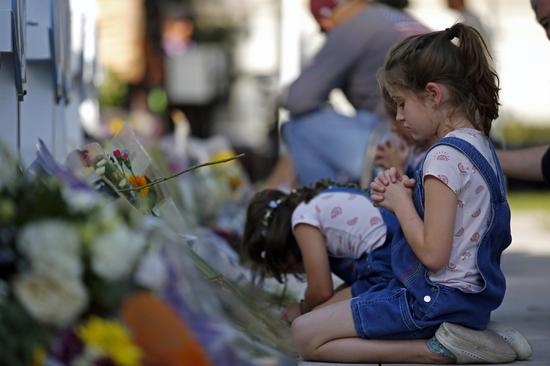

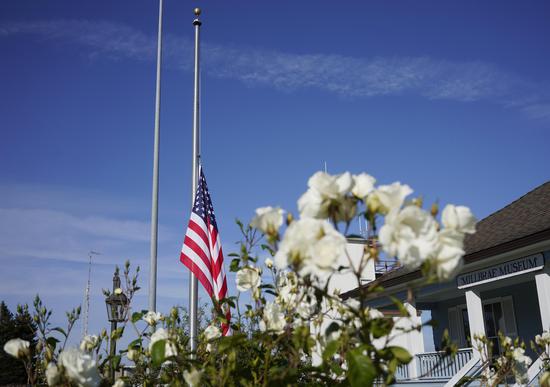


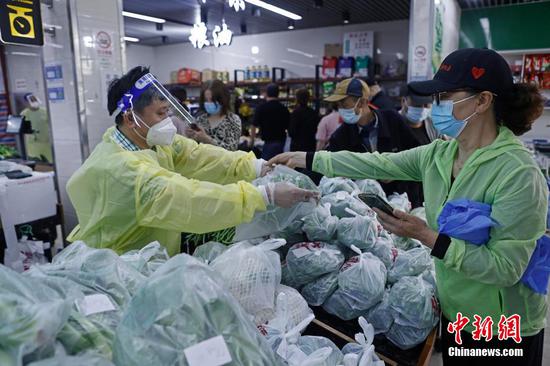
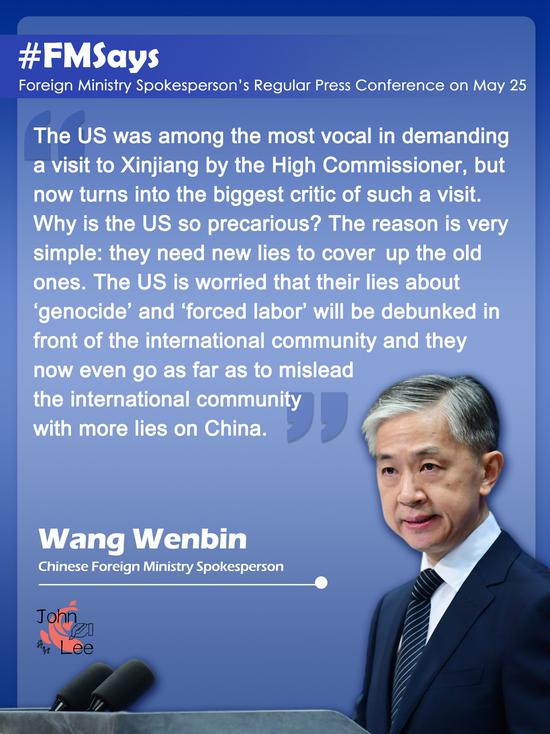



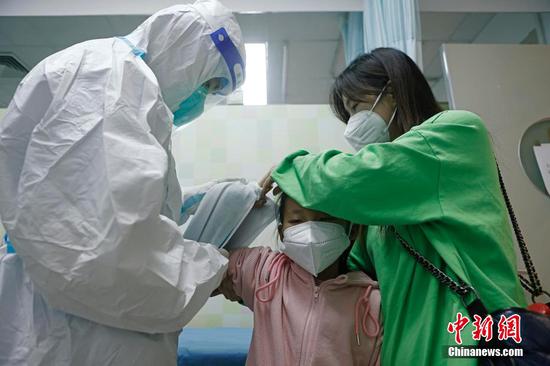



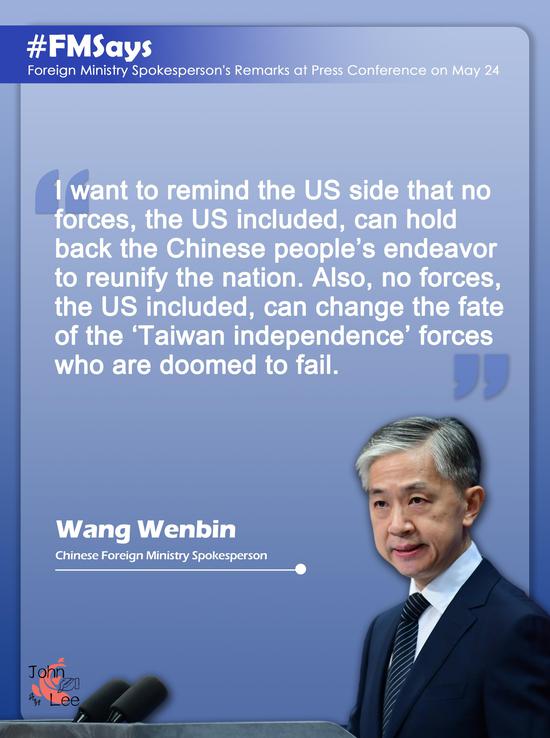

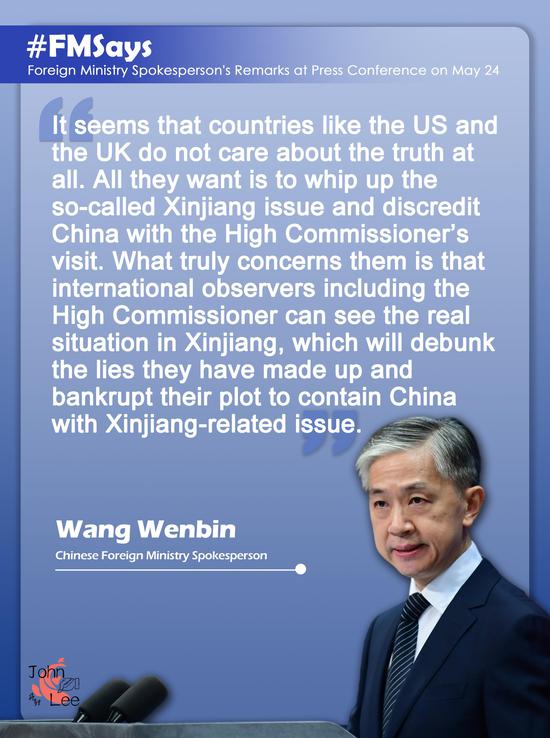






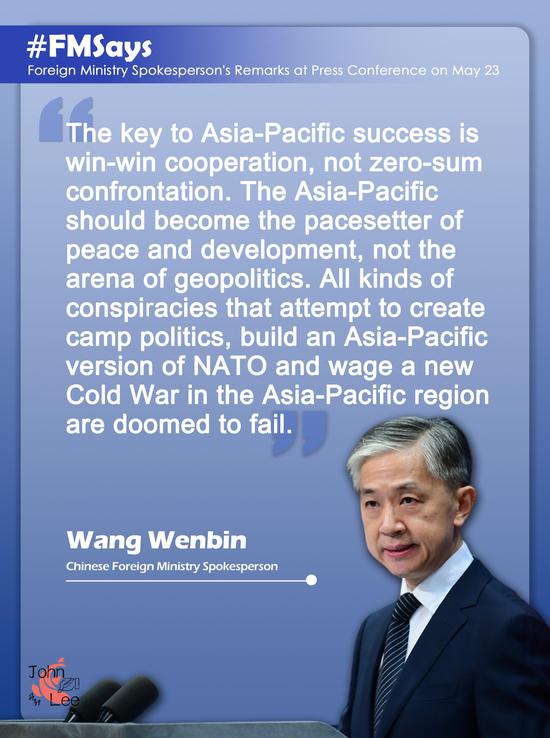

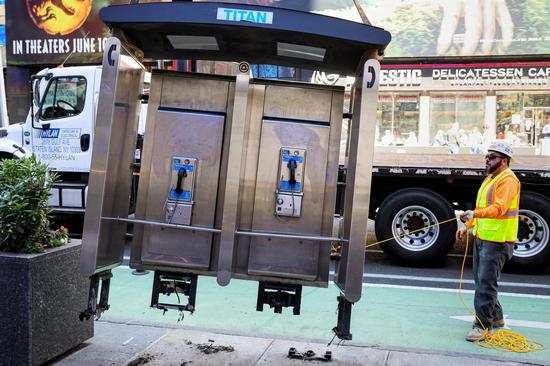

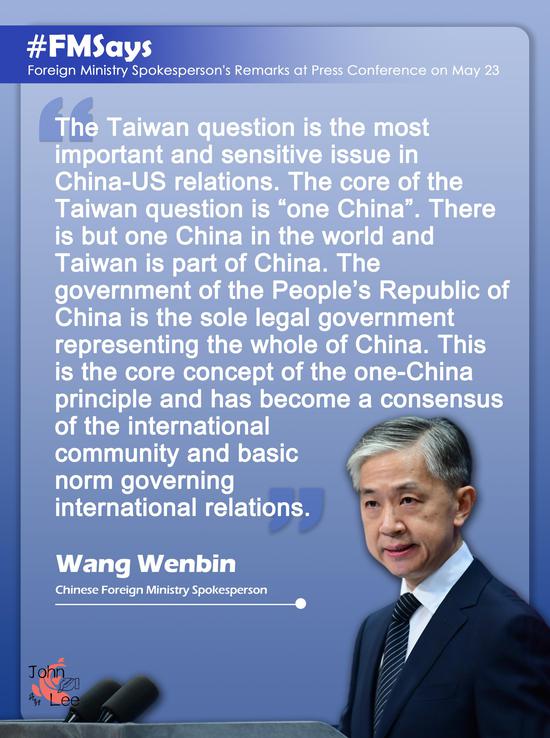



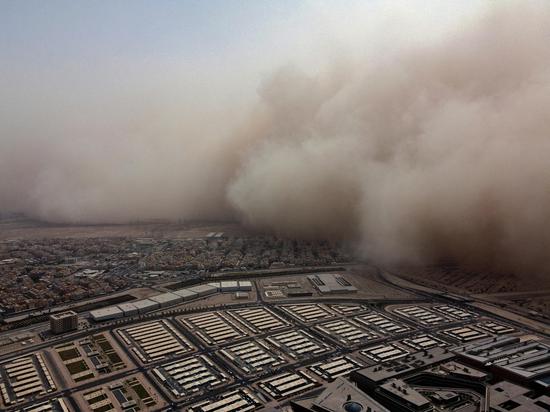





 京公网安备 11010202009201号
京公网安备 11010202009201号